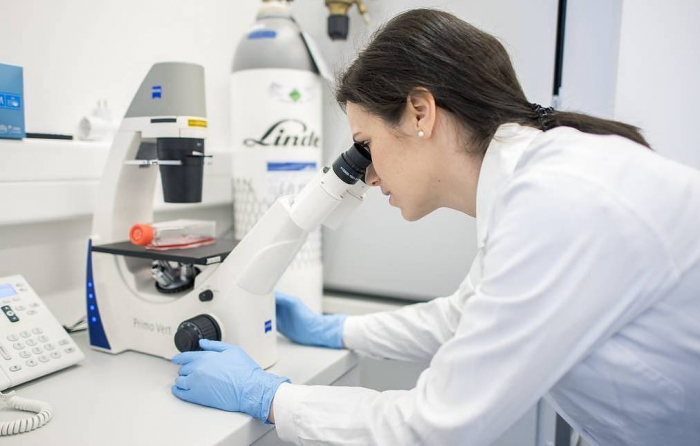"Since 13 May 2022, and as of 2 June 2022, 780 laboratory confirmed cases of monkeypox have been reported to or identified by WHO from 27 Member States across four WHO regions that are not endemic for monkeypox virus," the update noted.
It is stressed that since May 26 through June 2, some 523 new monkeypox cases were detected. As of June 2, no fatalities caused by this disease have been recorded. Information on the infection is received "through sexual health or other health services in primary or secondary health care facilities and have involved mainly, but not exclusively, men who have sex with men," according to the WHO. The highest number of infections has been detected in the UK (207), followed by Spain (156), Portugal (138), Canada (58), Germany (57), France (33), the Netherlands (31), Italy (20), the US (19) and Belgium (12).
Monkeypox is a rare viral disease which is endemic to remote regions near tropical forests of Central and Western Africa. According to the WHO, this virus is usually transmitted to humans by wild animals, such as rodents and primates, while its secondary spread among humans is limited. According to the WHO, usually the lethality coefficient during monkeypox outbreaks ranges from 1% to 10% with the majority of fatalities in the younger age groups. There is no specific treatment or vaccine, yet earlier inoculation against smallpox also serves as highly effective prevention.














-1741278702.jpg&h=190&w=280&zc=1&q=100)

































